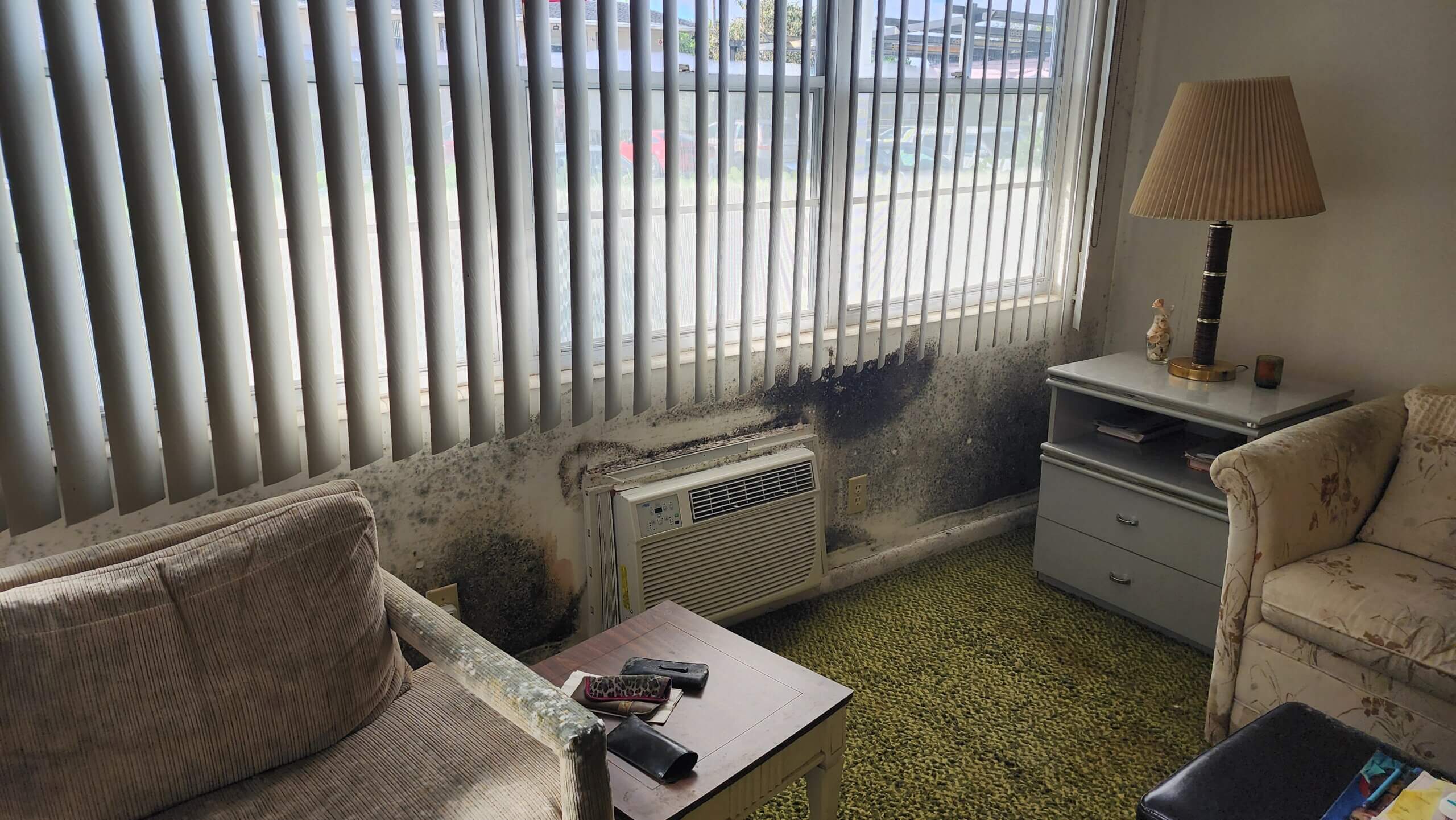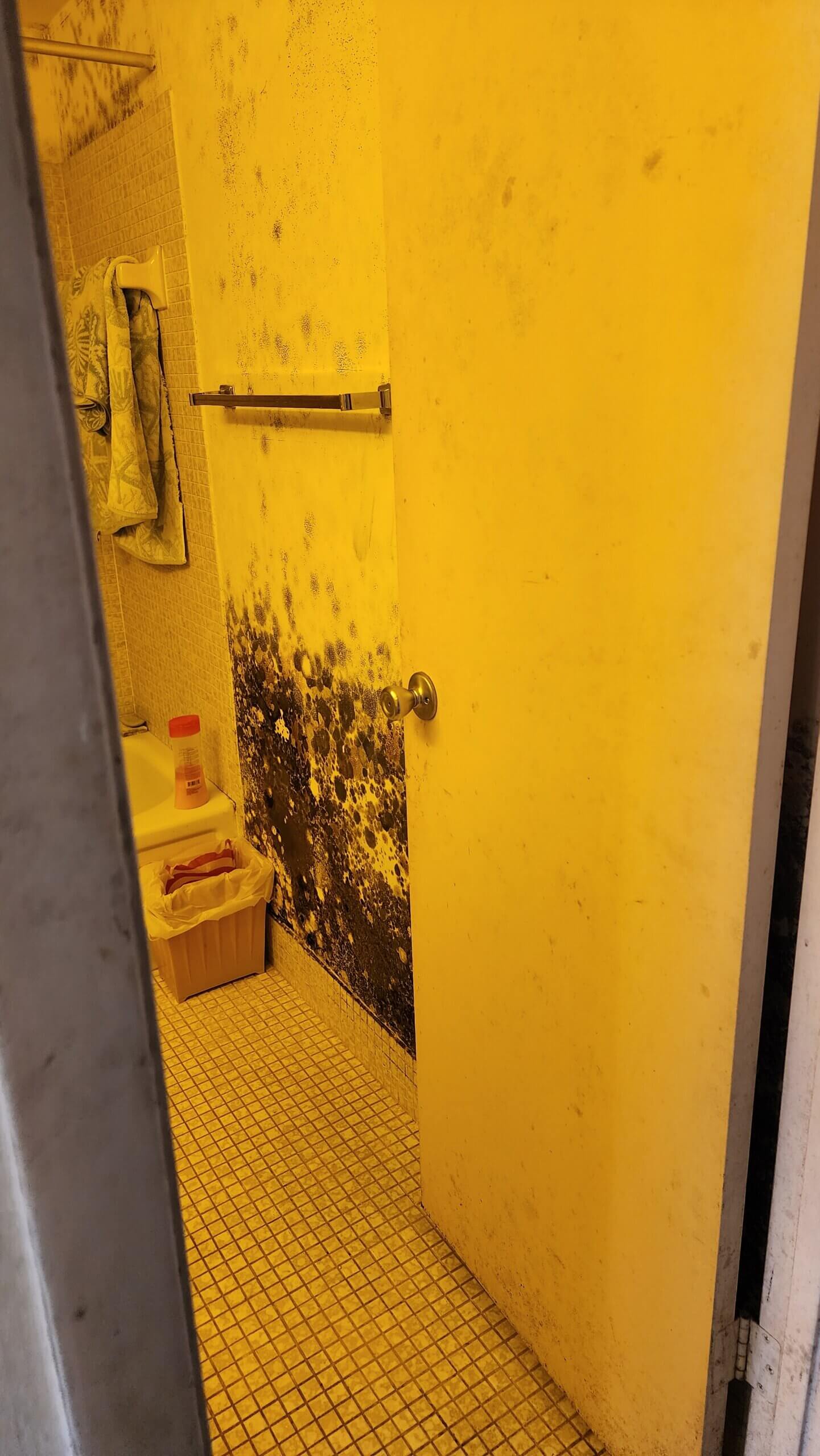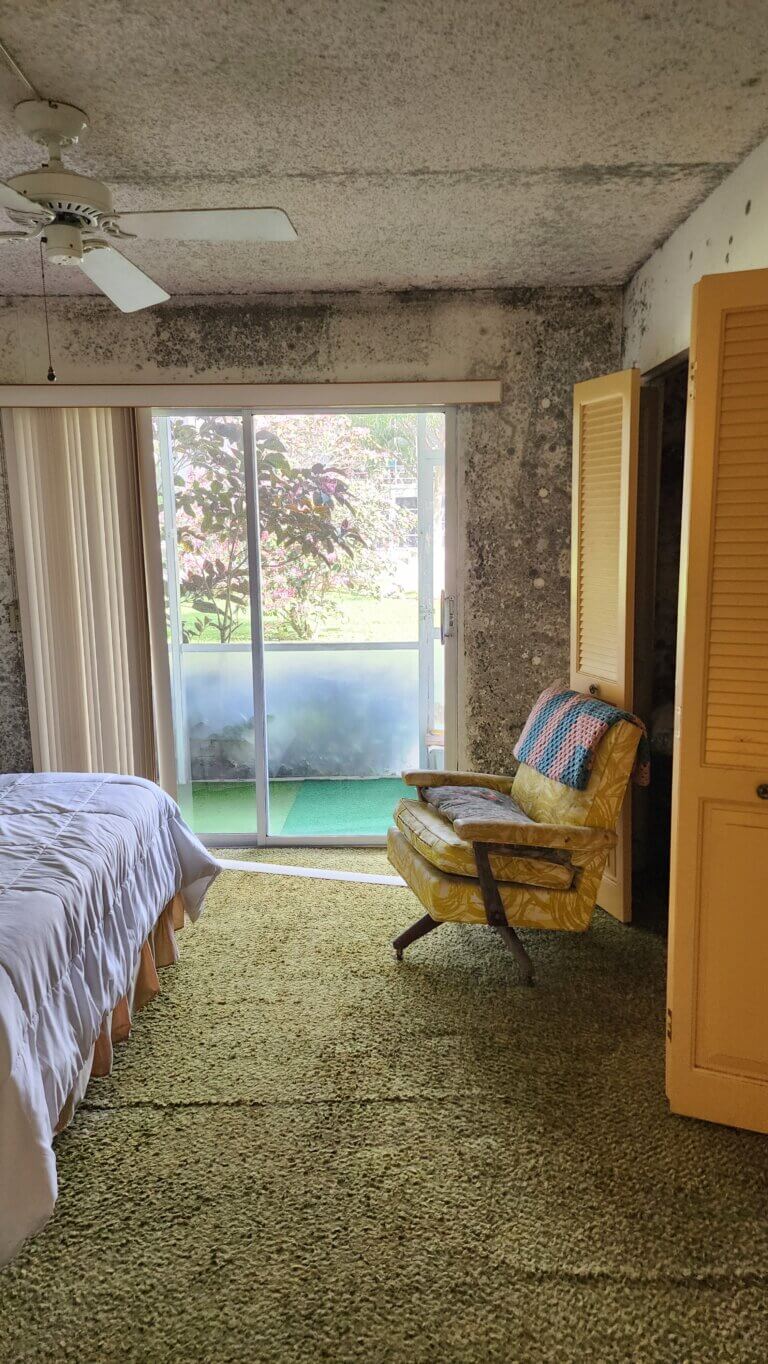
Mold Removal vs Remediation: Understanding the Differences
Introduction
Mold is a common yet insidious problem that can wreak havoc in our homes, offices, and other spaces. If left unchecked, it can lead to serious health issues and structural damage. It's crucial to understand the steps necessary to deal with mold effectively. This leads us to the two terms often used interchangeably—mold removal and mold remediation. While they may sound similar, they represent different approaches to tackling mold problems. In this article, we will explore Mold Removal vs Remediation: Understanding the Differences in detail, ensuring you’re equipped with the knowledge needed to make informed decisions about your space.

What is Mold?
What Causes Mold Growth?
Mold spores are everywhere in our environment; they thrive in moist conditions. Factors such as water leaks, high humidity levels, and poor ventilation create an ideal breeding ground for mold. Common sources include:
- Roof leaks
- Flooding
- Plumbing issues
- Condensation
Health Implications of Mold Exposure
Exposure to mold can cause various health problems ranging from mild allergic reactions to severe respiratory issues. Common symptoms include:
- Coughing
- Sneezing
- Skin irritation
- Eye irritation
In extreme cases, prolonged exposure can lead to chronic health conditions.
Understanding Mold Removal
What is Mold Removal?
Mold removal is a specific process aimed at eliminating visible mold from surfaces within a property. It often includes physical removal techniques such as scrubbing or using chemical agents.
Techniques Used in Mold Removal
Limitations of Mold Removal
While mold removal eliminates visible growths, it doesn't address the root cause or prevent future growth. For lasting results, additional procedures are typically required.
Understanding Mold Remediation
What is Mold Remediation?
Mold remediation encompasses a broader range of processes aimed not only at removing existing mold but also at addressing underlying moisture issues and preventing future infestations.
The Process of Mold Remediation
Benefits of Mold Remediation
The main advantage lies in its comprehensive approach—removal plus prevention ensures that your space remains safe and healthy long after treatment.
Mold Removal vs Remediation: Understanding the Differences
When we compare mold removal and mold remediation, it becomes clear that while both aim to address mold problems, their methods and goals differ significantly.
Key Differences Between Removal and Remediation
| Feature | Mold Removal | Mold Remediation | |-----------------------------|------------------------------------------------|------------------------------------------------| | Focus | Visible elimination of mold | Comprehensive approach (removal + prevention) | | Duration | Short-term solution | Long-term solution | | Techniques | Physical/chemical methods | Assessment, containment, restoration | | Effectiveness | May allow for re-growth | Aims for permanent resolution |
Which Option Should You Choose?
Choosing between these options depends on the severity of your situation. If you're facing only minor surface growths, mold removal might suffice. However, if you have extensive contamination or ongoing moisture issues, opting for mold remediation is essential.
Finding Professional Help
Why Seek Professional Services?
Navigating through water and mold remediation near me requires expertise that only professionals offer. They possess specialized training and equipment necessary for effective treatment.
How to Choose a Reliable Service Provider?
The Importance of Mold Inspection
What Does a Mold Inspection Entail?
A thorough mold inspection involves checking areas prone to moisture accumulation—like basements and attics—for signs of growth or musty odors.
Key Steps in a Proper Inspection:
DIY vs Professional Services
Can You Remove Mold Yourself?
While DIY methods exist—like vinegar or baking soda solutions—they may not be effective against severe infestations or toxic molds like black molds.
Pros & Cons of DIY Methods:
| Pros | Cons | |-------------------------------------|----------------------------------------------------| | Cost-effective | Often less effective than professional services | | Immediate response | Risk of exposure without proper safety gear | | Control over process | Potential aggravation of the problem |
When Should You Call a Professional?
If you notice significant growth or feel overwhelmed by water damage restoration tasks, contacting a mold contractor near me is advisable.
Mold Restoration Services Explained
What Do Restoration Services Include?
Mold restoration services focus on repairing any damage caused by both water intrusion and subsequent mold growth.
Steps Involved in Restoration:
Why Choose Certified Restoration Companies?
Opting for certified professionals ensures adherence to safety standards while reducing risks associated with improper handling or disposal of hazardous materials involved during restoration efforts.
FAQs
1) What's the difference between mold removal and remediation?
Answer: Mold removal focuses solely on eliminating visible growths while remediation addresses underlying mold remediation near me causes and prevents future infestations.

2) How do I find reliable water and mold remediation near me?
Answer: Search online using keywords like "mold inspection near me" or check local directories for certified professionals offering these services.
3) Is DIY mold removal effective?
Answer: While some DIY methods can work on minor infestations, they often lack effectiveness against more severe cases requiring professional treatments.
4) How do I know if I need professional help?
Answer: If you see extensive growth or suspect toxic molds like black molds present in your home environment, seek out professional assistance immediately!
5) Are there any health risks associated with exposure during cleanup efforts?
Answer: Yes! Improper handling can lead not just to health complications but also exacerbate existing problems; thus protective gear should always be utilized when tackling these situations yourself!
6) What should I expect during a professional inspection?
Answer: Expect thorough examinations involving visual detection methods combined with air quality assessments conducted by trained specialists equipped with appropriate tools!
Conclusion
In summary, understanding the nuances between mold removal and remediation can significantly impact your approach toward addressing any related issues effectively within your property environment! While both serve important roles in combating unwanted fungal intrusions—remember that comprehensive solutions often yield longer-lasting results! Therefore don’t hesitate; reach out today if you suspect any signs indicating an unhealthy atmosphere inside your living spaces!

By being proactive about inspections while employing suitable strategies tailored towards individual needs—you’ll ensure peace-of-mind knowing all potential hazards have been addressed properly!